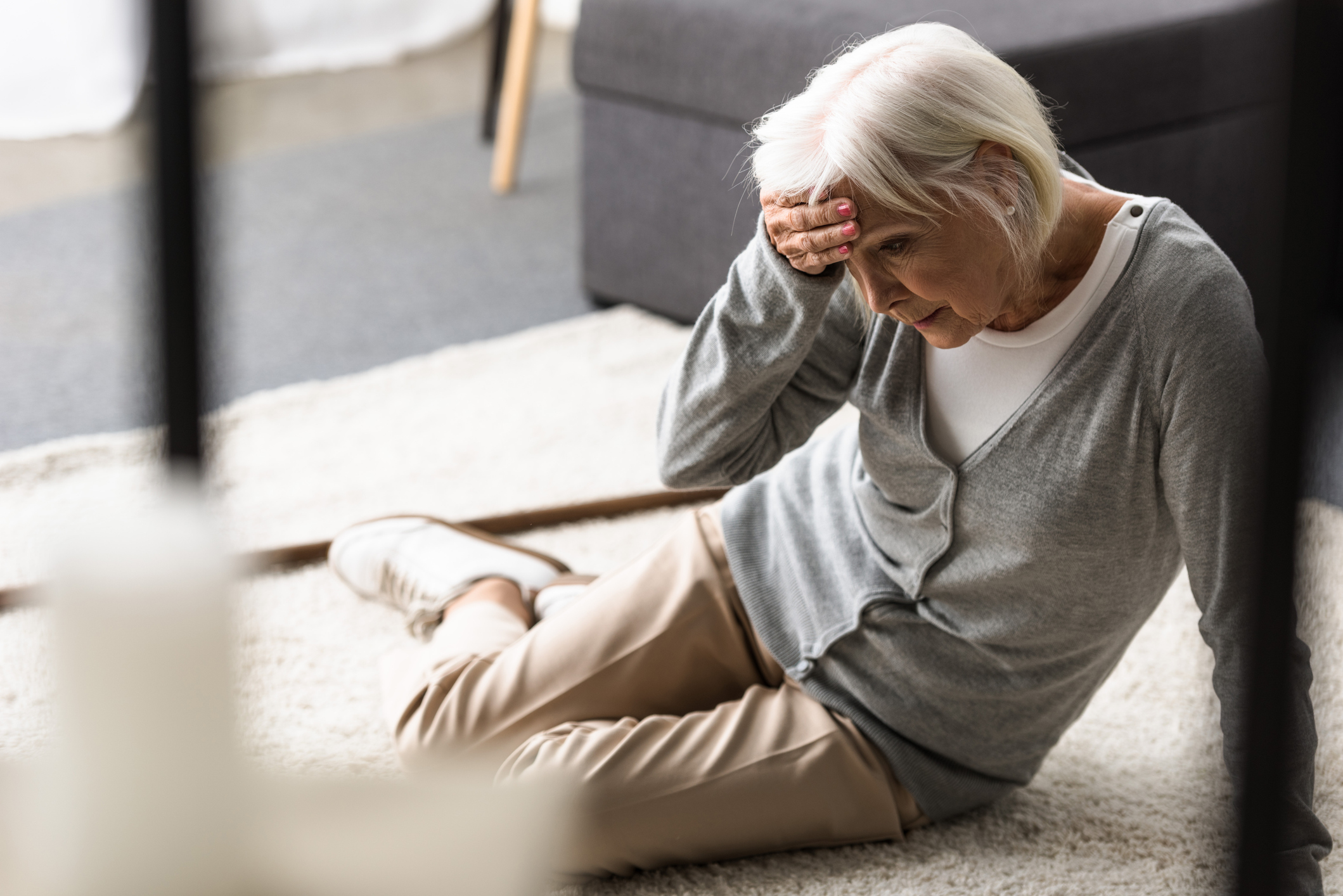When given a choice, most single seniors will agree they prefer to stay home and age in place. Many older adults living alone would choose to recover from an acute illness in their own home rather than in a long-term care facility. Research has found that the support of a friend or relative that can help with personal care can significantly reduce the risk of a move into a long-term care facility for recovery among solo seniors.
According to a new study from the University of California San Francisco, having social support older adults can count on reduces the risk of needing institutional care following a “health shock” from 14.2 percent to 10.9 percent during a two-year period. In the event of hospitalization of at least two days or a new diagnosis of a life-threatening condition, seniors who live alone but had assistance were less likely to require a lengthy nursing home stay.
The study, published in the JAMA Internal Medicine tracked data from 4,772 adults over the age of 65 who lived alone in the community and managed their own activities of daily living. In 68 percent of study participants, a sudden adverse change in their health status occurred, but 38 percent said they didn’t have a friend or family member they could count on for help.
Because of this lack of support in the community, many single seniors who could recover at home with some help are forced to be cared for in a long-term care facility. Not only is this a source of stress for seniors, but it is also a growing burden to the healthcare system. More programs to match older adults requiring assistance with a paid caregiver or paying a salary to a family caregiver could help address the needs of vulnerable single seniors experiencing a health crisis.
The Takeaway?
If you are a single senior, it’s vitally important to create a social support network you can count on for regular social interaction and in the event of an adverse health crisis. Older adults who live alone are at greater risk for poor health outcomes following cardiovascular events, increased depressive symptoms, and all-cause mortality. Single seniors who are socially well supported are more likely to have a better quality of life, better physical and mental health, and lower rates of frailty.
There are many factors to consider beyond location, transportation, and home layout when planning for aging in place. Having a close group of friends or nearby family can make a huge impact on how well seniors will recover from illness or injury and be able to live independently. Whether co-housing or living in a tight-knit community, seniors who stick together tend to fare better and enjoy life more with less isolation, difficulty, and anxiety.






Add Your Voice
0 Comments
Join the Discussion